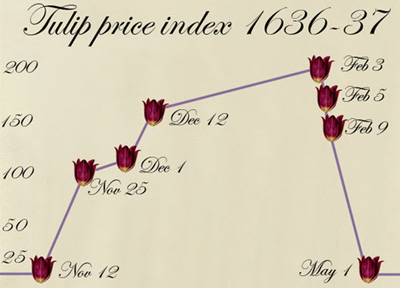I’m not sure what brought this on—oh, who am I kidding? I know exactly what brought this on. Anyway, I was thinking about recent public panics and started listing a few of them in my  mind. This is just off the top of my head:
mind. This is just off the top of my head:
- Crack babies
- Super predators
- Lehmann/AIG/Countrywide etc.
- Mad cow
- Deepwater Horizon
- Daycare child molesters
- Ebola
- ISIS/Syrian refugees
I’m not saying that none of these were justified. Big oil spills are no joke. Ebola was certainly a big deal in Africa. The financial collapse of 2008 wasn’t mere panic.
And yet, generally speaking it seems as if public panics are either completely unjustified or else wildly overwrought. Am I missing any recent examples where there was a huge panic and it turned out to be wholly justified? HIV would have been justified in the early 80s, but of course we famously didn’t panic over that—other than to worry about getting AIDS from toilet seats. Help me out here, hive mind.
POSTSCRIPT: I should mention that despite my choice of illustration, I’ve never really blamed anyone for the tulip panic. Personally, I think tulips are worth going crazy over.

















